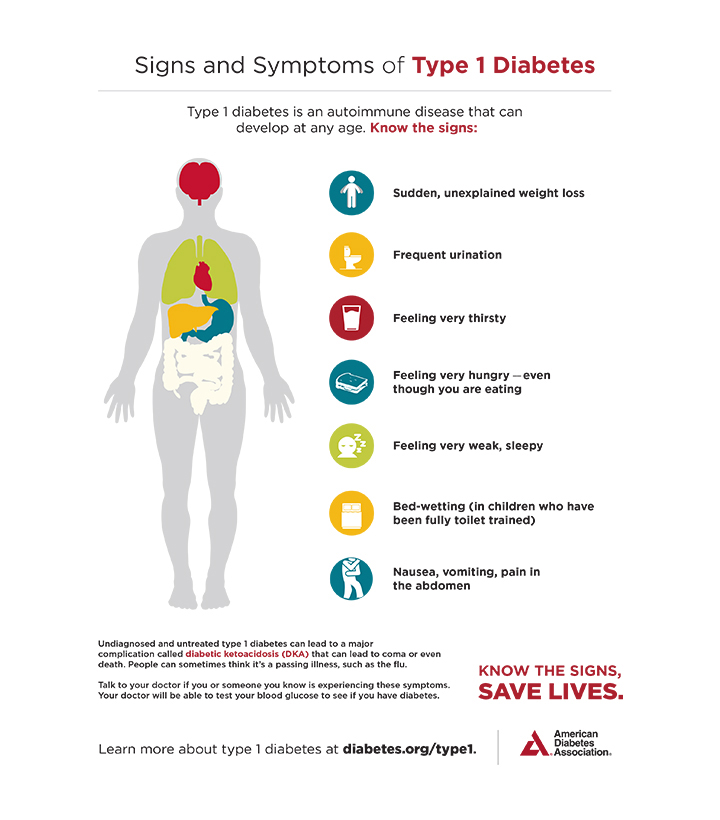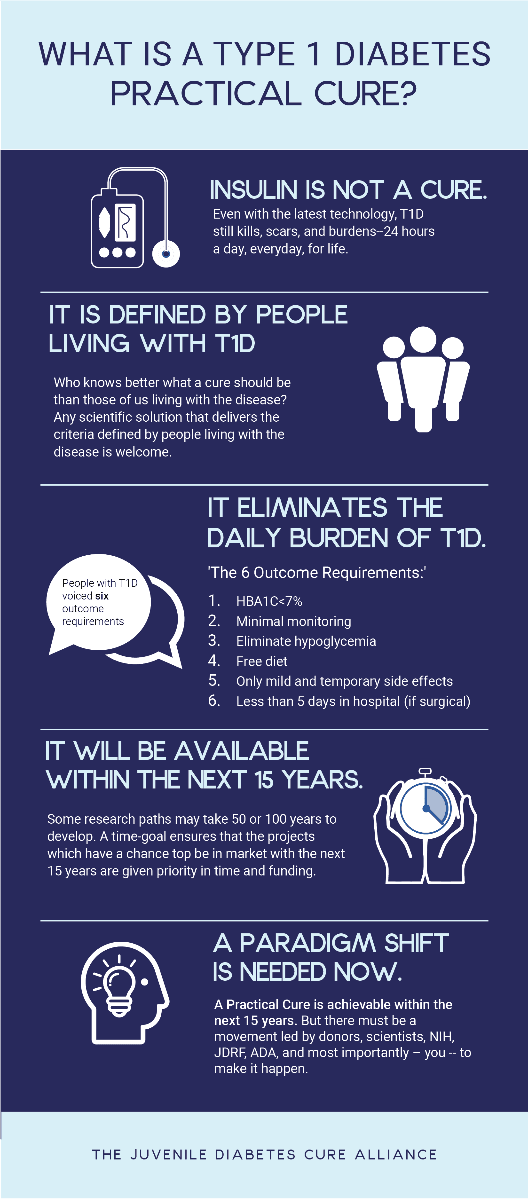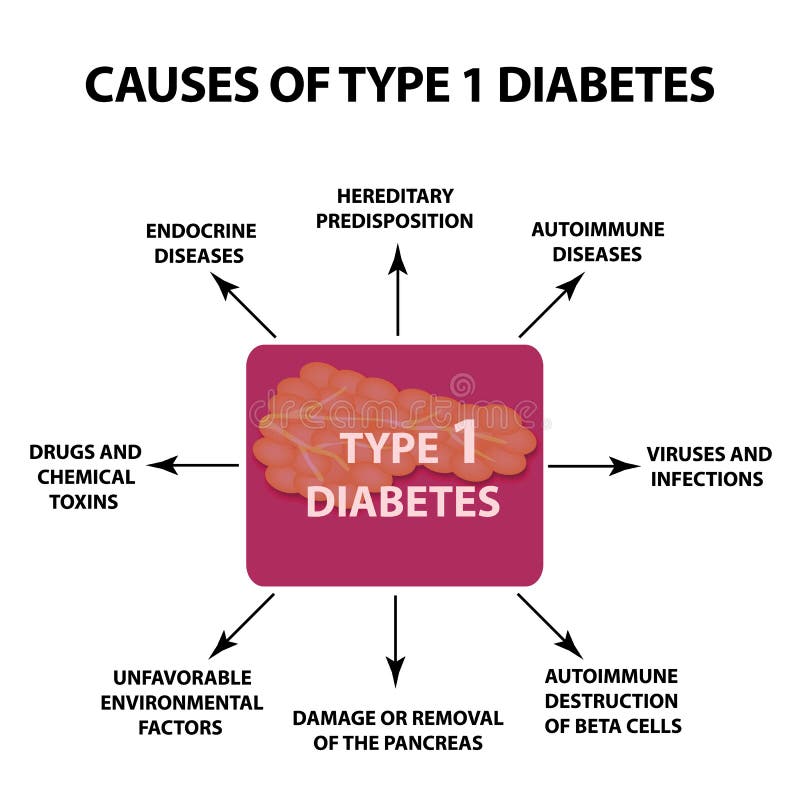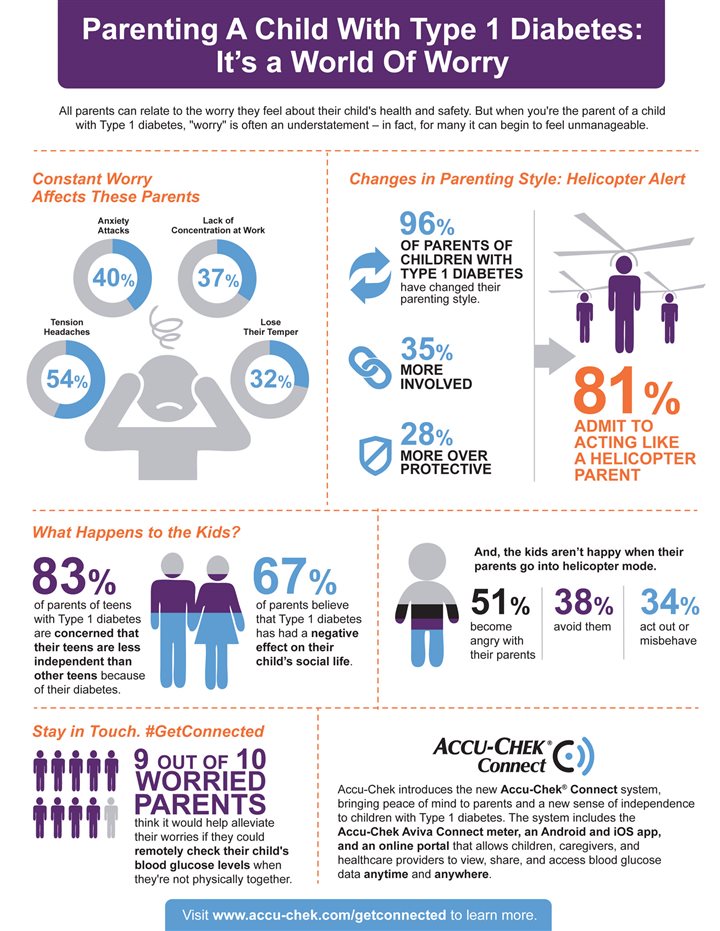Uncover the mysterious triggers behind Type 1 Diabetes – from genetics to environmental factors, the answers may surprise you!
Table of Contents
- Getting to Know Type 1 Diabetes
- The Main Cause of Type 1 Diabetes
- Can What We Eat Trigger Type 1 Diabetes?
- Can Other Health Problems Cause Type 1 Diabetes?
- Is Type 1 Diabetes Caused by Genetics?
- Can Germs and Viruses Trigger Type 1 Diabetes?
- Watching for Warning Signs
- Living with Type 1 Diabetes
- The Path to Prevention
- Busting Myths about Type 1 Diabetes
- Summary: Understanding the Triggers
- FAQs: Questions Kids Ask
Getting to Know Type 1 Diabetes
When it comes to understanding Type 1 diabetes, it’s essential to grasp the basics to navigate this condition better. Let’s dive into what Type 1 diabetes is all about, how it differs from Type 2 diabetes, and why it’s crucial to know the difference.
Definition of Type 1 Diabetes
Type 1 diabetes is a type of diabetes where the body doesn’t make insulin. Insulin is a hormone that helps the sugar from the food we eat enter our cells to give us energy. Without enough insulin, our blood sugar levels can get too high, making us feel sick. This is why people with Type 1 diabetes need to take insulin every day to stay healthy.
Difference Between Type 1 and Type 2
Type 1 diabetes is not the same as Type 2 diabetes, even though they both have to do with blood sugar levels. In Type 2 diabetes, the body still makes insulin, but it doesn’t work as well as it should. This can cause sugar levels to rise too. Type 1 and Type 2 are different conditions that need different treatments, so it’s essential to know which one you have if you have diabetes.
The Main Cause of Type 1 Diabetes
Have you ever wondered what causes Type 1 diabetes? Well, let’s dig into the main reason why some kids and even adults might end up with this condition. It all has to do with our body’s defense system – the immune system.
Normally, our immune system is like a superhero, fighting off bad germs and keeping us healthy. But in Type 1 diabetes, something goes wrong. Instead of protecting us, the immune system gets confused and starts attacking the cells in our pancreas that make insulin, the hormone we need to use sugar for energy.
Without enough insulin, sugar builds up in our blood, causing high blood sugar levels. This is why people with Type 1 diabetes need to take insulin shots or use an insulin pump to help their bodies use sugar properly.
So, in a nutshell, the immune system’s mix-up is the main cause of Type 1 diabetes. It’s like having a superhero turn into a villain, attacking the very thing it’s supposed to protect.
Can What We Eat Trigger Type 1 Diabetes?
Have you ever wondered if the food we eat can lead to Type 1 diabetes? Let’s explore the connection between our diet and this condition.

Image courtesy of www.orlandosentinel.com via Google Images
Understanding Cholesterol and its Types
First, let’s talk about cholesterol. There are different types, and one of them is called LDL cholesterol, known as the ‘Lousy’ kind. Some studies suggest that high levels of LDL cholesterol may be linked to Type 1 diabetes. So, it’s essential to keep an eye on the fats we consume.
Fatty Foods and the Liver
Our liver plays a crucial role in processing the fats we eat. When we consume unhealthy, fatty foods, it can lead to a condition called fatty liver. This buildup of fat in the liver may have an impact on our health, including the risk of developing Type 1 diabetes. So, it’s important to balance our diet with healthy and nutritious foods to keep our bodies happy and healthy.
Can Other Health Problems Cause Type 1 Diabetes?
We’ll look at whether other health issues can make someone more likely to get Type 1 diabetes.
Blood Pressure Highs and Lows
Some folks have high blood pressure. Can this affect getting diabetes? Let’s find out.
When Moms-to-be Get Diabetes
Sometimes, moms get ‘gestational diabetes’ when they’re pregnant. Does this have anything to do with Type 1 diabetes? We’ll see.
Is Type 1 Diabetes Caused by Genetics?
Have you ever wondered if having family members with Type 1 diabetes means that you might get it too? Let’s explore the connection between genetics and Type 1 diabetes.

Image courtesy of www.thejdca.org via Google Images
Family History and Diabetes
Scientists have found that genes play a role in the development of Type 1 diabetes. This means that if someone in your family has Type 1 diabetes, you may have a higher chance of developing it as well. Genes are like instructions that tell our body how to work, and sometimes these instructions can be different or have changes that lead to diabetes.
Can Germs and Viruses Trigger Type 1 Diabetes?
Sometimes germs and bugs that make us sick are said to be behind Type 1 diabetes. Let’s sniff out the truth.
Sick Today, Diabetes Tomorrow?
Have you ever wondered if catching a virus today could lead to diabetes in the future? Let’s dig into this interesting question.
Watching for Warning Signs
When it comes to Type 1 diabetes, it’s essential to be aware of the warning signs that might indicate something is not quite right in the body.

Image courtesy of www.dreamstime.com via Google Images
Common Symptoms of Type 1 Diabetes
One of the key symptoms to look out for with Type 1 diabetes is feeling incredibly thirsty all the time. Have you noticed that you’re drinking more water than usual, even when you’re not doing anything active?
Another sign to watch for is if you find yourself running to the bathroom frequently. This could mean your body is trying to get rid of extra sugar through your urine because it can’t use it properly.
If you’re feeling super tired all the time, even after a good night’s sleep, it could be a red flag for Type 1 diabetes. This constant fatigue might be your body’s way of telling you that it’s not getting the energy it needs.
Unexplained weight loss is another sign to pay attention to. Suddenly dropping pounds without trying could be a result of your body losing sugar and calories through excessive urination.
If you’re experiencing blurry vision, it might be linked to high blood sugar levels from Type 1 diabetes. This can temporarily affect how well you see until your blood sugar levels are back to normal.
Feeling irritable or moody for no apparent reason could also be related to Type 1 diabetes. When your body isn’t getting enough energy, it can affect your mood and make you feel cranky.
Paying attention to these signs and symptoms can help you catch Type 1 diabetes early and get the necessary help and treatment to manage it effectively.
Living with Type 1 Diabetes
Living with Type 1 diabetes can feel like a big change. After being diagnosed with Type 1 diabetes, you’ll need to take extra care and pay attention to how you manage your body. Many people lead fulfilling lives while managing their diabetes, and with proper care, you can too.
One of the most critical parts of managing Type 1 diabetes is closely monitoring your blood sugar levels. This involves checking your blood sugar multiple times a day with a small device called a glucose meter. By keeping track of your blood sugar levels, you’ll know when it’s time to adjust your insulin dose, ensuring your body is functioning at its best.
Another important aspect of living with Type 1 diabetes is maintaining a healthy lifestyle. This includes eating a balanced diet, engaging in regular physical activity, and getting enough sleep. These habits can help keep your blood sugar levels stable and reduce the risk of complications related to diabetes.
Living with Type 1 diabetes also involves working closely with your healthcare team. Your doctor, diabetes educator, and nutritionist can provide valuable guidance and support to help you manage your condition effectively. They can help you create a customized diabetes management plan that suits your needs and lifestyle.
It’s essential to stay positive and stay connected with your family and friends. Having a strong support system can make living with Type 1 diabetes much easier. Your loved ones can help you stay motivated, provide encouragement, and lend a helping hand when needed.
Remember, managing Type 1 diabetes is a journey, and it’s okay to feel overwhelmed at times. Reach out for help when you need it, stay informed about your condition, and never hesitate to ask questions. With the right tools, resources, and support, you can navigate life with Type 1 diabetes successfully.
The Path to Prevention
One of the big questions people have is whether Type 1 diabetes can be prevented. Let’s take a closer look at efforts to steer clear of this lifelong condition.

Image courtesy of www.novusbio.com via Google Images
Healthy Eating Habits and Active Lifestyle
Leading a healthy lifestyle is a major key in preventing Type 1 diabetes. Eating nutritious foods like fruits and vegetables, and staying active through sports or play can help keep your body strong and less likely to develop diabetes.
Regular Check-ups and Screenings
Visiting the doctor regularly for check-ups and screenings is another important way to stay on top of your health. Your doctor can monitor your blood sugar levels and catch any warning signs early on.
Understanding Risk Factors
Knowing your risk factors for Type 1 diabetes is crucial. If you have a family history of the condition, it’s essential to be extra vigilant and proactive in adopting healthy habits to lower your chances of developing the disease.
| Trigger | Description |
|---|---|
| Genetics | Family history of type 1 diabetes increases risk of developing the condition. |
| Autoimmune response | The immune system mistakenly attacks insulin-producing beta cells in the pancreas. |
| Viral infections | Certain viruses have been linked to triggering the onset of type 1 diabetes. |
| Environmental factors | Exposure to certain environmental triggers may play a role in developing type 1 diabetes. |
| Dietary factors | Some research suggests that specific dietary factors may contribute to the development of type 1 diabetes. |
Education and Awareness
Knowledge is power when it comes to preventing Type 1 diabetes. Understanding how the disease works and what steps you can take to reduce your risk is vital in staying healthy and diabetes-free.
Busting Myths about Type 1 Diabetes
Let’s clear up some misconceptions about Type 1 diabetes. One myth is that only kids can get Type 1 diabetes. The truth is, Type 1 diabetes can affect kids and adults alike. It doesn’t discriminate based on age.
Facts vs Fiction
Another myth is that eating too much sugar causes Type 1 diabetes. In reality, Type 1 diabetes is not caused by eating too many sweet treats. It’s actually an autoimmune condition where the body’s immune system attacks the insulin-producing cells in the pancreas.
Dispelling Misconceptions
There’s a common myth that people with Type 1 diabetes can’t enjoy a normal life. This couldn’t be further from the truth. With proper management, people with Type 1 diabetes can lead full and active lives just like anyone else.
The Reality of Type 1 Diabetes
A prevalent myth is that having Type 1 diabetes means you can never eat your favorite foods again. While it’s essential to monitor blood sugar levels and make healthy food choices, individuals with Type 1 diabetes can still enjoy treats in moderation.
Summary: Understanding the Triggers
Now that we’ve delved into the world of Type 1 diabetes, it’s time to wrap up our journey by summarizing what we’ve learned about the triggers that may lead to this condition. Understanding these triggers can help us take better care of our health and potentially prevent Type 1 diabetes.

Image courtesy of www.orlandosentinel.com via Google Images
Getting to Know Type 1 Diabetes
We’ve learned that Type 1 diabetes is a condition in which the body does not produce insulin. This is different from Type 2 diabetes, where the body either does not produce enough insulin or cannot use it effectively. Knowing the difference between the two types is crucial in understanding how they affect the body.
The Main Cause of Type 1 Diabetes
The main cause of Type 1 diabetes is the body’s immune system mistakenly attacking and destroying insulin-producing cells in the pancreas. This leads to a lack of insulin production, resulting in high blood sugar levels. Understanding the role of the immune system in this process helps us grasp why Type 1 diabetes occurs.
Can What We Eat Trigger Type 1 Diabetes?
While the exact relationship between diet and Type 1 diabetes is still being studied, research suggests that factors like high levels of LDL cholesterol and fatty liver may play a role in triggering the condition. Monitoring our cholesterol levels and the fats we consume could potentially help in preventing Type 1 diabetes.
Can Other Health Problems Cause Type 1 Diabetes?
Health issues like high blood pressure and gestational diabetes have also been linked to Type 1 diabetes. Monitoring these conditions and seeking timely medical intervention can potentially reduce the risk of developing Type 1 diabetes.
Is Type 1 Diabetes Caused by Genetics?
While genetics can play a role in the development of Type 1 diabetes, having family members with the condition does not guarantee that you will also have it. Understanding the genetic connection can help us assess our risk and take preventive measures if needed.
Can Germs and Viruses Trigger Type 1 Diabetes?
Sometimes, infections caused by germs and viruses may trigger Type 1 diabetes in susceptible individuals. Being mindful of our health and taking steps to prevent illnesses can potentially reduce the risk of developing Type 1 diabetes from such triggers.
Watching for Warning Signs
Recognizing the common symptoms of Type 1 diabetes, such as excessive thirst and frequent urination, is essential in seeking timely medical attention and diagnosis. Being aware of these warning signs can aid in early detection and management of the condition.
By understanding the triggers of Type 1 diabetes and taking proactive steps to maintain our health, we can empower ourselves to lead healthier lives and potentially reduce the risk of developing this lifelong condition.
FAQs: Questions Kids Ask
What is Type 1 diabetes?
Type 1 diabetes is a condition where your body can’t make insulin, which is a hormone that helps your body use sugar for energy. It’s different from Type 2 diabetes because Type 1 diabetes is not caused by eating too much sugar.
How is Type 1 diabetes different from Type 2 diabetes?
Type 1 diabetes is when your body doesn’t make insulin at all, while Type 2 diabetes is when your body doesn’t use insulin properly. Type 1 diabetes is more common in kids, and Type 2 diabetes is often linked to being overweight.
Can eating fatty foods give you Type 1 diabetes?
Eating fatty foods doesn’t directly cause Type 1 diabetes, but it’s important to eat healthy to keep your body in good shape. Avoiding foods high in LDL cholesterol, which is the ‘Lousy’ kind of cholesterol, can help keep you healthy.
Can having high blood pressure lead to Type 1 diabetes?
Having high blood pressure doesn’t directly cause Type 1 diabetes, but it’s essential to keep an eye on your blood pressure and manage it well. Talk to your doctor if you have concerns about high blood pressure.
Does gestational diabetes during pregnancy link to Type 1 diabetes?
Gestational diabetes, which some moms get during pregnancy, is different from Type 1 diabetes. However, having gestational diabetes may increase the risk of developing Type 1 diabetes later in life. It’s important to monitor your health if you’ve had gestational diabetes.





